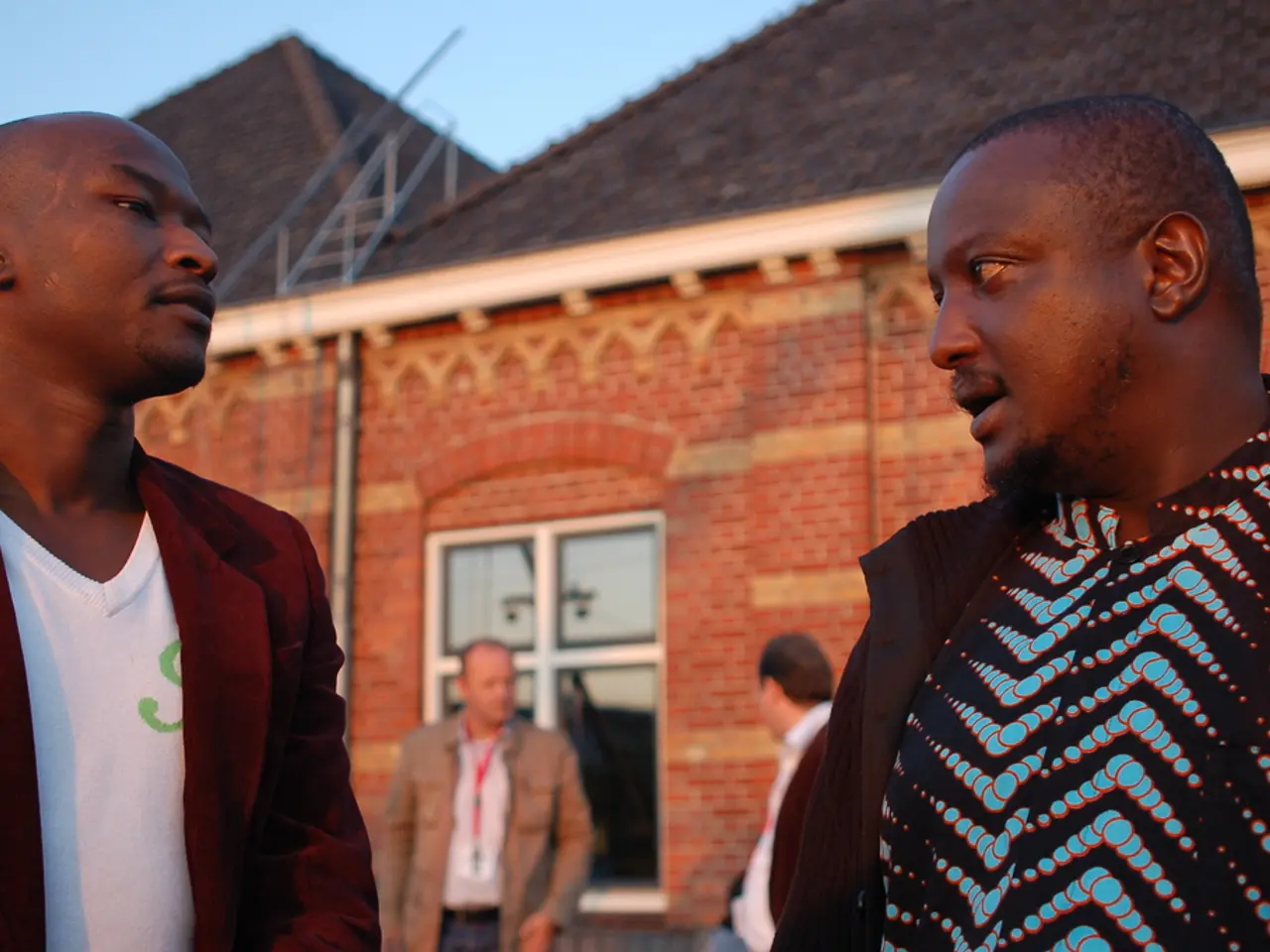Revolutionizing Perspectives: Disentangling Colonial Influences
In a collaborative effort between the Consortium of Humanities Centers and Institutes (CHCI) and Africa is a Country, the focus is on understanding what it means to decolonize the mind in the context of African culture. This movement seeks to reclaim African identity by challenging and undoing colonial legacies that have permeated history, language, education, religion, and values.
At the heart of this endeavour lies the reclamation of cultural traditions, language, ancestors, and spirituality. Africans are encouraged to embrace indigenous languages and cultural practices, which carry the weight of history, identity, and worldview, as a foundation for decolonization. Notable figures like Ngũgĩ wa Thiong'o advocate for writing in African languages to resist mental colonization by colonial languages.
Another crucial aspect is the rewriting and teaching of true African history. This involves refuting colonial narratives of African inferiority that were imposed through education and media, and educating the public about authentic African histories and realities. Decolonizing education also extends to subjects like religious education, challenging imposed Eurocentric religious ideas and respecting indigenous African spiritual beliefs.
The struggle against colonial values and worldviews is another key strategy. Africans are called upon to reject beliefs tied to white supremacy and colonial religion, and replace them with African-centered worldviews that affirm dignity and sovereignty.
Reforming education and curriculum is another vital step. Including indigenous knowledge systems such as traditional medicine, local languages, cultural practices, and African epistemologies in schooling promotes mental emancipation. Recognizing local herbal medicine and indigenous science counters colonial erasure of African contributions.
Promoting unity and solidarity among African peoples is also essential. Mental decolonization involves overcoming colonial "divide and conquer" tactics by encouraging collective identity expressed in concepts like Ubuntu ("I am because we are").
African youth play a critical role as agents of change, renewing African consciousness and mobilizing communities towards decolonization. Engaging with the works of decolonial thinkers such as Frantz Fanon, Ngũgĩ wa Thiong'o, Chinua Achebe, and Edward Said helps situate mental decolonization within global anti-colonial struggles and emphasizes the need to continue beyond political independence into cultural and psychological liberation.
In summary, decolonizing the mind in Africa means overturning colonial impositions in language, history, education, religion, and values through re-education, cultural revival, curriculum reform, and pan-African unity, with youth leadership as a driving force toward mental and cultural emancipation.
- Personal growth and education-and-self-development are essential aspects of decolonization, as Africans are encouraged to learn and embrace indigenous languages and cultural practices, rewrite and teach true African history, and engage with the works of decolonial thinkers for mental emancipation.
- Learning about African culture and reclaiming African identity also involves challenging colonial values and worldviews, replacing beliefs tied to white supremacy and colonial religion with African-centered worldviews, and promoting unity and solidarity among African peoples through concepts like Ubuntu ("I am because we are").




